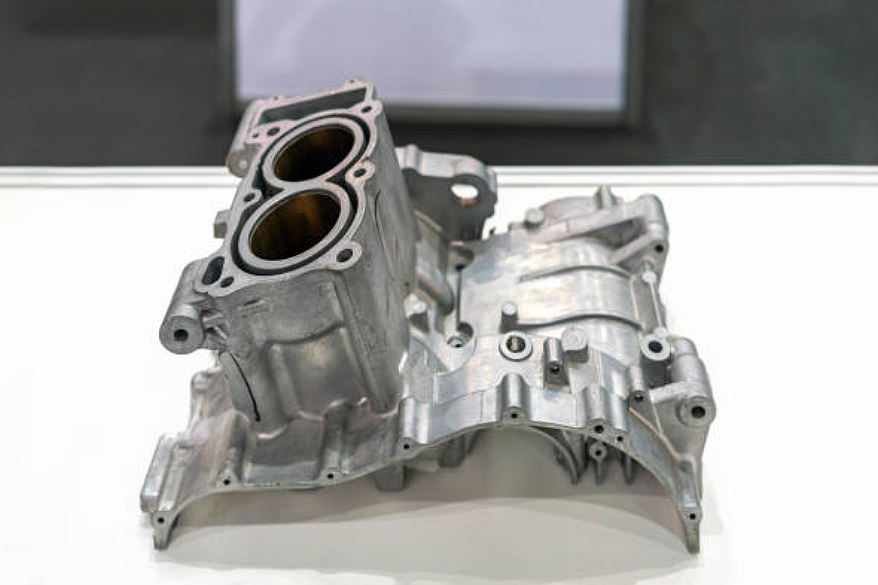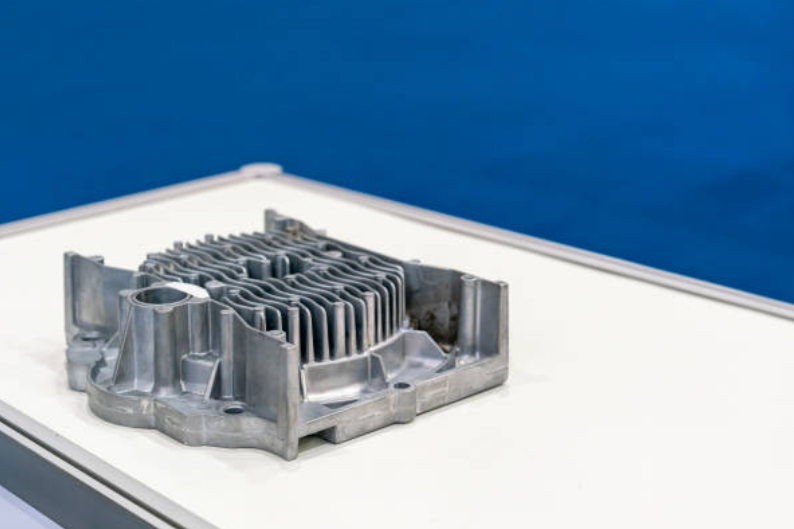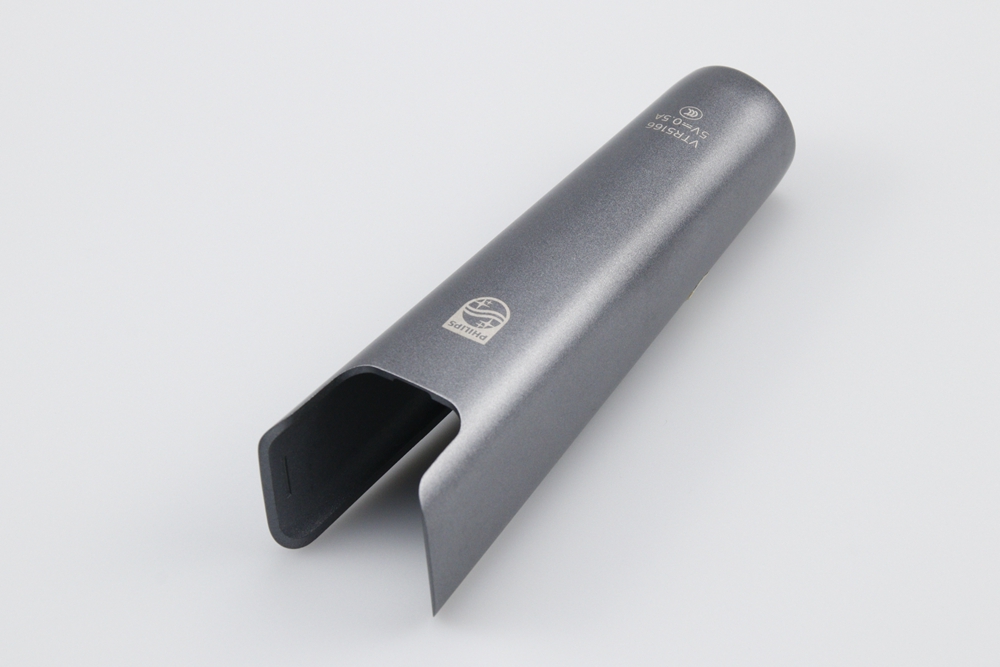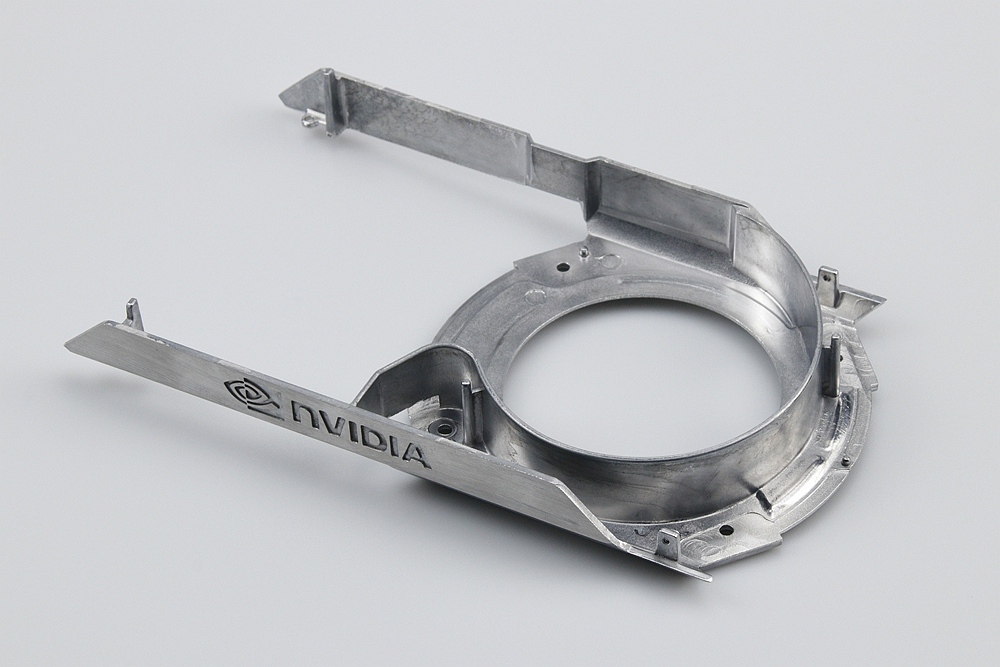Why Zinc is the Easiest Metal to Cast - Advantages Explained
Zinc's advantages of low melting point, exceptional fluidity, low shrinkage, alloying versatility, health safety, and low cost make it the most straightforward metal to cast across various foundry techniques with minimal defects. Zinc offers an unparalleled combination of castability, recyclability, energy efficiency, and low environmental impact.

Low Melting Point
- Zinc has a relatively low melting point of 419°C (787°F) compared to other common casting metals.
- This allows zinc to melt and attain adequate fluidity with minimal energy input, reducing melting costs. By comparison, aluminum melts at 660°C while copper and iron melt above 1,000°C.
- The lower temperature also causes less wear and erosion to metal dies or ceramic crucibles, increasing lifespan.
Exceptional Fluidity
- Pure zinc has very low viscosity when molten, giving it excellent flow and fluidity. Alloying only slightly increases viscosity.
- High fluidity allows zinc to quickly fill thin cross sections, small cavities, and intricate geometries under little or no pressure. It can replicate the finest mold details.
- Other metals like aluminum and magnesium have poorer fluidity and require higher casting pressures to fill mold details.
Low Shrinkage
- Zinc shrinks the least of any common casting metal, around 0.2% volumetrically for pure zinc.
- Low shrinkage reduces the risk of defects like voids and porosity caused by inadequate material feed during solidification.
- By comparison, aluminum can shrink over 6% during cooling. Shrinkage must be accounted for in mold design.
No Gas Absorption
- Molten zinc does not readily dissolve or absorb gases like hydrogen and oxygen.
- This avoids gas porosity defects in castings caused by trapped gases precipitating during solidification.
- Aluminum and copper quickly absorb gases that must be removed before casting.
Alloying Versatility
- Zinc can be alloyed with many elements, including aluminum, copper, magnesium, lead, titanium, nickel, and cadmium.
- A wide range of physical and mechanical properties can be achieved to meet application requirements.
- Zinc alloys like ZA-8 and ZA-12 exhibit better castability and ductility than pure zinc.
Casting Process Compatibility
- Zinc can be cast by almost any process: gravity die casting, pressure die casting, sand casting, permanent mold casting, shell molding, Etc.
- The low melting point decreases energy costs regardless of the casting technique. Minimal shrinkage reduces scrap and defects.
- Other metals like steel and titanium have process limitations or are uneconomical for specific casting methods.
Fast Cooling and Solidification
- Zinc's low latent heat of fusion coupled with high thermal conductivity enables fast heat extraction and solidification after pouring.
- Quick cooling allows for shorter cycles, faster production rates, and finer grain sizes that boost strength.
- High solidification rates prevent the formation of large dendritic microstructures prone to embrittlement and hot cracking.
Ease of Recycling
- Zinc has a relatively low one-time melting energy requirement and does not oxidize when remelted.
- Scrap castings can be easily recycled in-house without significant additional cost. Recycling rates over 90% are achievable.
- Aluminum recycling can be more energy intensive due to the refractory oxide layer that forms on the surface.
Health and Environmental Safety
- Zinc and its alloys are non-toxic. Minimal exposure risks exist for workers handling and casting molten zinc.
- Waste products are benign compared to metals like cadmium, lead, and beryllium, which are hazardous.
- Most zinc alloys are environmentally friendly and do not require special handling or disposal methods.
Low Cost
- Abundant global deposits make raw zinc metal inexpensive compared to other casting metals like aluminum, copper, and nickel alloys.
- Combined with the lower melting energy requirements, this results in very economical production costs.
Neway Custom Zinc Die Casting Service
Neway has been around for 30 years, starting small but growing into the trusted custom parts maker they are today. With expertise in injection molding, precision casting, sheet metal work and rapid prototyping, Neway provides end-to-end support. Their zinc die casting capabilities deliver complex geometries and smooth finishes. Right now they’re offering new customers 20% off, so you can try their unmatched experience risk-free. Partner with Neway and make your next zinc parts hassle-free!



